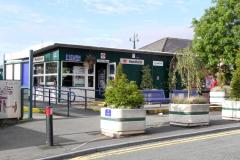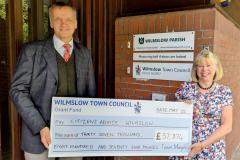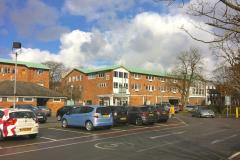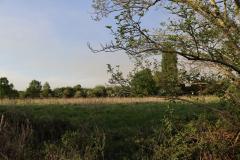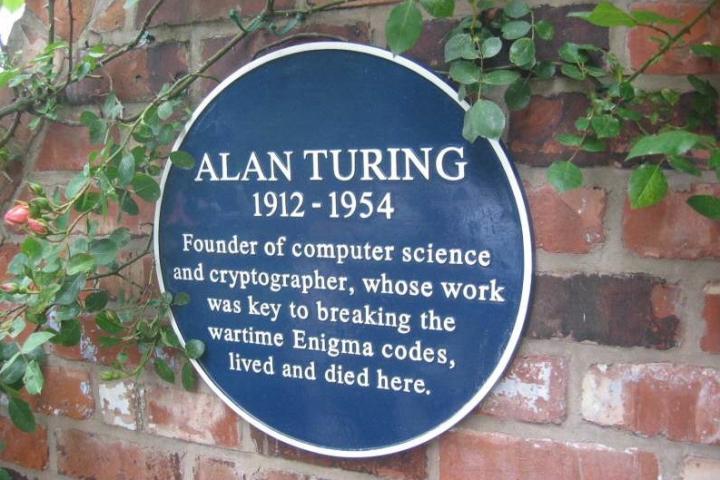
An extremely rare collection of papers belonging to codebreaker Alan Turing have been saved by the National Heritage Memorial Fund.
When the collection was set to go to auction last year, an ambitious campaign was launched to raise funds to purchase the papers for the Bletchley Park Trust and its Museum. The Trust is therefore delighted that the National Heritage Memorial Fund (NHMF) has stepped in quickly to save the collection for the nation by providing £213,437, the final piece of funding required.
The campaign was launched by passionate supporter Gareth Halfacree, and attracted huge public and media backing, with £28,500 donated by hundreds of members of the public within just eleven days. Google generously pledged $100,000 and a significant sum has been received from a private donor.
Despite this tremendous support, further funds were needed to reach the asking price and prevent the collection from potentially being bought by an overseas collector, threatening this unique piece of national codebreaking and computing heritage.
Dame Jenny Abramsky, Chair of the NHMF, said: "This is such welcome news. Alan Turing was a true war hero and played an absolutely crucial role during the Second World War. The National Heritage Memorial Fund was set up in memory of those who have given their lives for the UK and this grant will now ensure that this extremely rare collection of his work stands as a permanent memorial to the man and to all those who paid the ultimate price in service to this nation."
Simon Greenish, CEO of the Bletchley Park Trust, welcomed today's announcement, saying, "The acquisition of this hugely important collection has been made possible only by the astonishing support demonstrated by the public, the media, Google, the National Heritage Memorial Fund and Christies the auctioneers whose help in brokering the purchase is gratefully acknowledged. We are delighted to have the collection here at Bletchley Park, which is surely its most fitting home, and it will be an incredible addition to the visitor experience."
Of his many roles – as mathematician, logician, cryptanalyst and computer scientist, Turing is best known for being the father of modern computer science and his work at Bletchley Park conceiving the Turing-Welchman Bombe to mechanise the process of breaking the German Enigma cipher. He is considered to be one of the most influential thinkers of our time and his work was fundamental to the Allied victory in World War Two and freedom in the West.
In 1952, at a time when homosexuality was illegal in the UK, Turing was convicted of having a sexual relationship with another man. Turing was sentenced to a hormone treatment that amounted to chemical castration. The conviction robbed him of his security clearance for GCHQ, for which he still worked, and made him the target for surveillance at the start of the cold war. Having made one of the most outstanding contributions of the twentieth century, he died in 1954, aged 41, after eating an apple laced with cyanide at his home in Wilmslow.
In September 2009, following a public campaign, the PM Gordon Brown issued an unequivocal and powerful apology for the way in which Turing had been inhumanely treated, saying "on behalf of the British government, and all those who live freely thanks to Alan's work I am very proud to say: we're sorry, you deserved so much better".
Now secure, The Turing-Newman Collaboration Collection will be on display in the Bletchley Park Museum later this year once conservation work on the collection is complete.
Photo: Plaque marking Alan Turing's former home in Wilmslow, taken by Joseph Birr-Pixton.

